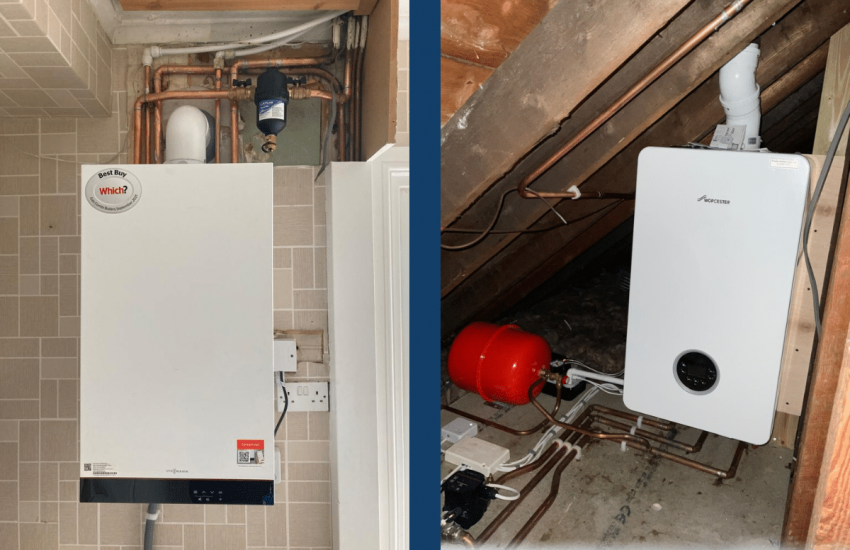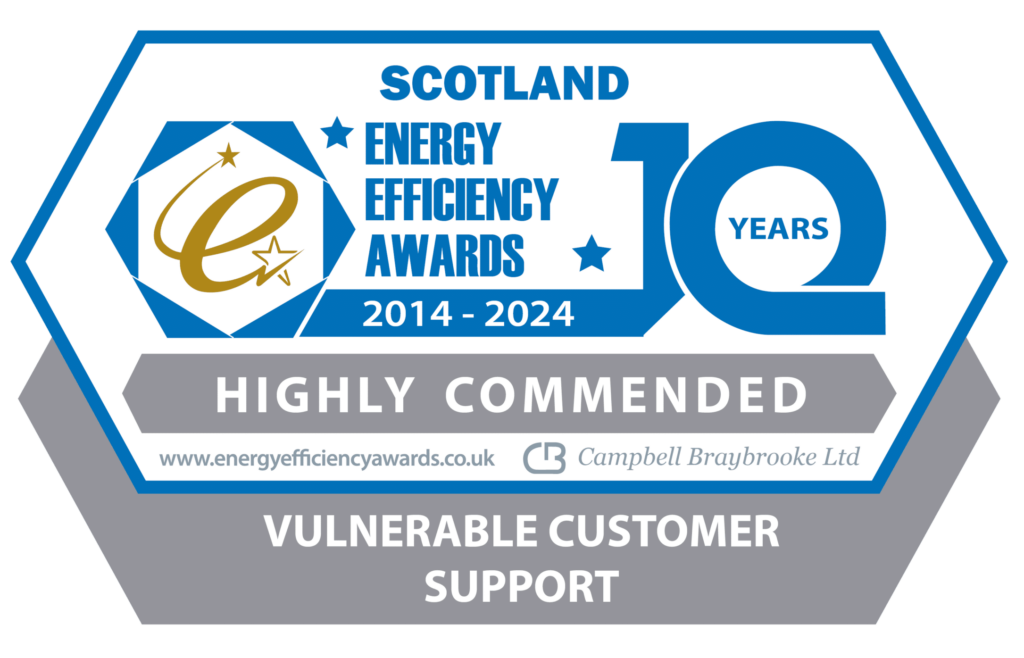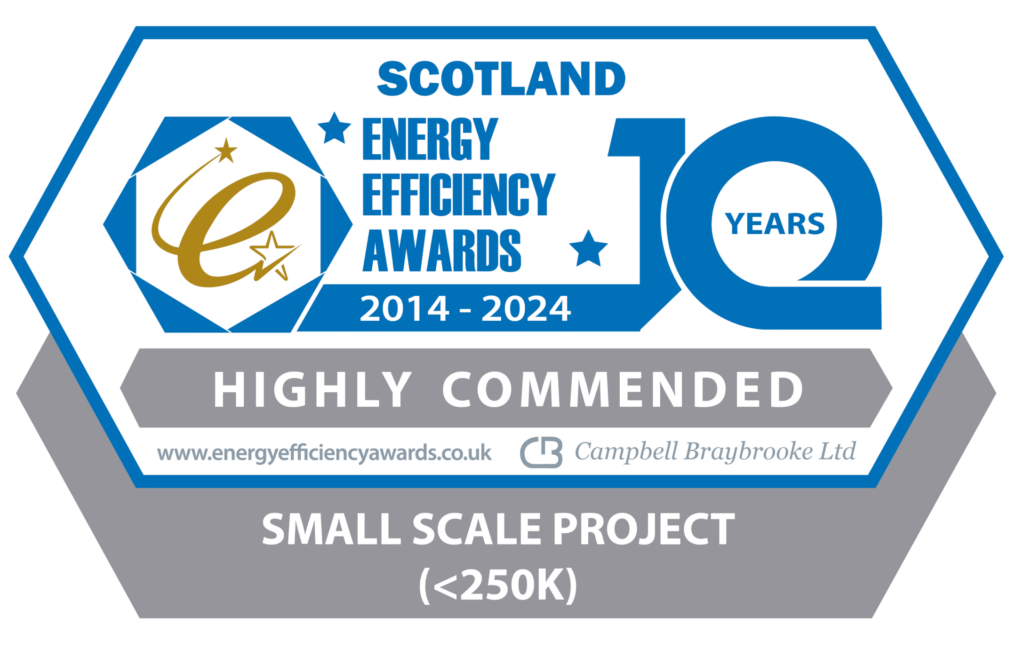Choosing the right type of boiler for your home is a critical decision that affects your comfort, energy efficiency, and overall heating costs. Two popular types of gas boilers are combination (combi) boilers and conventional (regular or heat-only) boilers. Understanding the differences between these two systems can help you make an informed choice that best suits your home’s needs. Here’s a detailed comparison of gas combination boilers and gas conventional boilers.
1. What is a Gas Combination Boiler?
A gas combination boiler, commonly known as a combi boiler, is a single, compact unit that serves two purposes: it provides hot water on demand and heats the central heating system. Unlike conventional boilers, combi boilers do not require a separate hot water cylinder or cold water storage tank.
Key Features of Combi Boilers:
- Instant Hot Water: Provides hot water directly from the mains whenever you turn on a tap.
- Compact Design: No need for a hot water cylinder or cold water storage tank, saving space.
- High Efficiency: Modern combi boilers are highly efficient and can help reduce energy bills.
- Ease of Installation: Easier and quicker to install due to fewer components.
2. What is a Gas Conventional Boiler?
A gas conventional boiler, also known as a regular or heat-only boiler, works in conjunction with a hot water cylinder and often a cold water storage tank. It heats water for the central heating system and stores hot water in a separate cylinder for later use.
Key Features of Conventional Boilers:
- Suitable for Large Homes: Ideal for homes with multiple bathrooms where hot water demand is high.
- Consistent Hot Water Supply: Can provide hot water to multiple taps simultaneously without a significant drop in pressure.
- System Components: Requires additional components such as a hot water cylinder, cold water storage tank, and sometimes a feed and expansion tank.
- Complex Installation: Installation can be more complex and time-consuming due to additional components.
3. Efficiency and Performance
- Efficiency: Combi boilers are typically more energy-efficient since they heat water on demand, avoiding the energy losses associated with storing hot water in a cylinder. However, modern conventional boilers can also be highly efficient, especially when combined with a well-insulated hot water cylinder.
- Performance: In terms of hot water performance, conventional boilers can handle multiple hot water outlets simultaneously better than combi boilers. Combi boilers may struggle to supply hot water to multiple taps or showers at the same time, especially in larger homes.
4. Space Requirements
- Combi Boilers: Due to their compact design, combi boilers are ideal for homes with limited space. They do not require a hot water cylinder or cold water storage tank, making them suitable for smaller properties or apartments.
- Conventional Boilers: Require more space due to the need for a hot water cylinder and possibly a cold water storage tank and feed and expansion tank. This setup is better suited for larger homes with ample space.
5. Installation and Maintenance
- Installation: Combi boilers generally have a simpler and quicker installation process since they require fewer components. This can result in lower installation costs compared to conventional boilers.
- Maintenance: Both types of boilers require regular maintenance to ensure they operate efficiently. However, conventional boilers might need more frequent checks and maintenance due to the additional components like the hot water cylinder and tanks.
6. Cost Considerations
- Upfront Costs: Combi boilers usually have lower upfront costs due to fewer components and a simpler installation process. Conventional boilers might have higher initial costs due to the need for additional equipment and a more complex installation.
- Running Costs: Combi boilers can be more cost-effective in the long run due to their higher efficiency and lower energy consumption. However, the running costs for conventional boilers can be competitive, especially if they are modern, high-efficiency models.
7. Suitability for Different Home Sizes
- Small to Medium Homes: Combi boilers are ideal for smaller homes or apartments with limited space and where hot water demand is not excessively high.
- Large Homes: Conventional boilers are better suited for larger homes with multiple bathrooms and a higher demand for hot water. The ability to store hot water in a cylinder means that hot water can be supplied to several outlets simultaneously without a drop in pressure.
Conclusion
Both gas combination boilers and gas conventional boilers have their unique advantages and are suitable for different types of homes and heating needs. Combi boilers offer space-saving, efficiency, and simplicity, making them ideal for smaller properties with moderate hot water demand. Conventional boilers, on the other hand, provide a robust solution for larger homes with multiple bathrooms and higher hot water needs, despite requiring more space and a potentially higher initial investment.
When choosing between a combi and a conventional boiler, consider factors such as the size of your home, the number of bathrooms, your hot water usage patterns, and available space. Consulting with a professional heating engineer can also provide valuable insights tailored to your specific requirements, ensuring you select the best boiler system for your home








